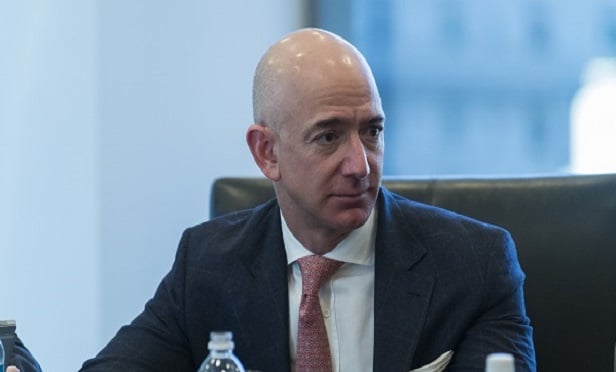
The health care industry may hope a joint venture on its turf by Amazon.com Inc., Berkshire Hathaway Inc., and JPMorgan Chase & Co. (ABC from now on) might be happy just rolling out an app and driving better deals with third-party vendors.
But that's wishful thinking, according to Warren Buffett. The Berkshire CEO said in an interview Monday that ABC is looking for "something much bigger than that."
Far more savings can be had by cutting out the health industry's middlemen and their warped incentives altogether. ABC appears to be headed down that path — but it is a difficult one.
There's only so much savings ABC could squeeze out of health insurers, pharmacy benefit managers (PBMs) and drug distributors. Those are relatively low-margin businesses (though PBMs are likely more profitable than operating margins imply). And large employers such as ABC's founders likely get pretty good deals from such middlemen already.
ABC might try to handle its own PBM and insurance services. But it would be a fraction of the size of big incumbents, likely resulting in higher prices from health providers and drugmakers. ABC would also have to build a bunch of infrastructure from scratch. All of this would eat into any savings from cutting out middlemen.
Taking out profit is just a start; the real long-term opportunity for lower costs is in approaching health care with a different set of incentives.
PBMs profit when drug prices rise because they retain a chunk of the rebates they negotiate with drugmakers. And neither PBMs nor insurers always have a strong incentive to invest in the long-term health of patients. The contracts they sign with clients generally aim to keep drug or health spending down for a given year, not for a decade or a lifetime. This isn't a moral failing, just a reality of the business. Individuals switch jobs and insurers all the time. Spending on preventive care is a cost with an uncertain future benefit that will likely be reaped by a third party.
To lower costs in a meaningful and lasting way, ABC's founding companies will have to take a longer view and be willing to experiment.




